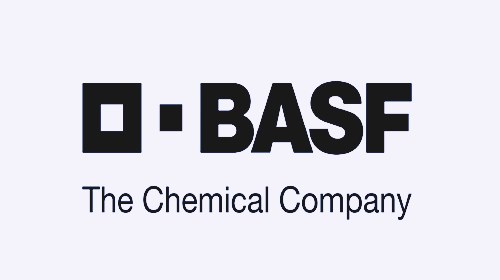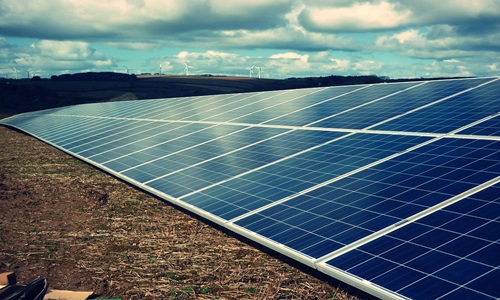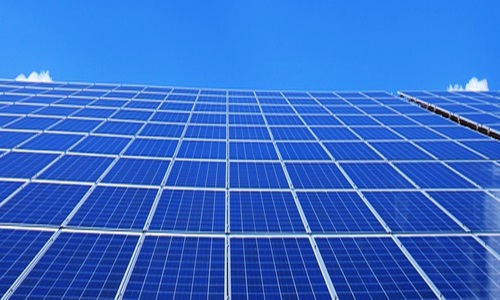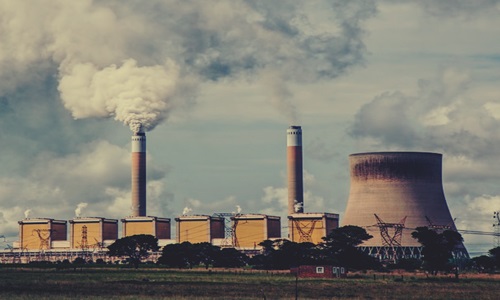
Specialty chemicals major BASF has reportedly planned to conduct a massive overhaul of its product manufacturing capacity. As per sources, the company will be enhancing the production capacity for Neopor (expandable graphite incorporated polystyrene) by a mammoth 40,000 metric tons on an annual basis. The global expansion is apparently aimed at meeting the growing demand for material across the Asia belt. Incidentally, BASF is observed to incline more toward the promotion of Neopor as opposed to Styropor, plausibly on account of the fact that the former’s boards are lighter in weight, that pertains more efficiency to the construction and saves material. The insulation boards add up to considerable savings of heating energy in construction and refurbishment projects, claim sources. According to reports, the improvement initiatives at the Ludwigshafen plant amount to quite some number. For starters, the plant has the capability to manufacture 200,000 metric tons of Neopor in a year and boasts of an increased production capacity for Neopor and Styropor from 440,000 to 460,000 metric tons. Even the insulation performance of the boards has depicted a rise by up to 20%, while the deployment of raw material will fall by up to 40% as opposed to white material, tremendously increasing the demand for the material across the globe. According to Klaus Ries, Global Business Management Head, Styrenic Foams, BASF, through this production capacity expansion, the company aims to offer customers a product that has been upgraded in terms of environmental and economic terms in order to combat the challenges faced by manufacturers in terms of resource conservation and climate protection. Ries goes on to say that close to 45% of the overall oil consumption across the globe as well as CO2 emissions (recorded at 40% in Germany) are caused due to heating and cooling of buildings. In his opinion, this estimate can be lowered with efficient insulation and appropriate usage of alternative energy sources. For the record, the escalation in production capacity will take place during the fourth quarter at the company’s sites in Ulsan, Korea and Ludwigshafen, Germany.




